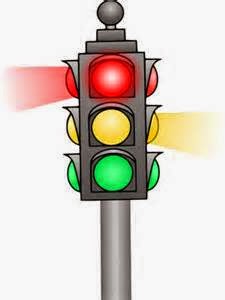In other Decembers, the weather persists in being dark and cold
and gray, and too many times it seems, this is exactly when all sorts of
stresses and difficulties and worries appear, and the two together, the dark
cold and the worry, conspire to make shadows that even decorations and all the
other holiday traditions cannot banish.
This is when I find that I am helped once again by our
garden. The garden is, of course, a mess
at this time of year, strewn with leaves and the tops of dried summer flowers, and
at the same time the bright green of winter weeds which apparently thrive with
the same conditions that cause other plants to die back. On the other hand, there is now blooming an
early jonquil that found itself in just the right sheltered place to send up
its bloom stalk and give us delight. And
other bulbs are sending up their leaves; the Dutch iris always come up in the
late fall, at least around here. And
newly transplanted iris are sending up tentative new leaves. The blueberry bushes, which gave little to
nothing in the way of berries this last year, are nevertheless giving us some
garden color, with yellow and gold leaves.
It is all a perfect definition of the cycle of rest and
renewal that is simply the design of life and seeing all those renewals in the
midst of the winter garden are so welcome and so very needed.
























